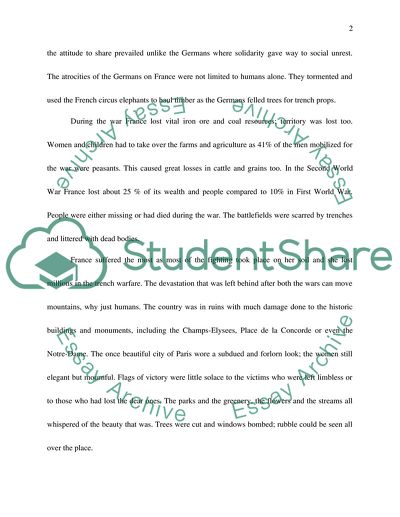Cite this document
(“France's Demands during the Two World Wars Essay”, n.d.)
France's Demands during the Two World Wars Essay. Retrieved from https://studentshare.org/social-science/1535067-editing-justifying-frances-demands-during-the-two-world-wars
France's Demands during the Two World Wars Essay. Retrieved from https://studentshare.org/social-science/1535067-editing-justifying-frances-demands-during-the-two-world-wars
(France'S Demands During the Two World Wars Essay)
France'S Demands During the Two World Wars Essay. https://studentshare.org/social-science/1535067-editing-justifying-frances-demands-during-the-two-world-wars.
France'S Demands During the Two World Wars Essay. https://studentshare.org/social-science/1535067-editing-justifying-frances-demands-during-the-two-world-wars.
“France'S Demands During the Two World Wars Essay”, n.d. https://studentshare.org/social-science/1535067-editing-justifying-frances-demands-during-the-two-world-wars.


